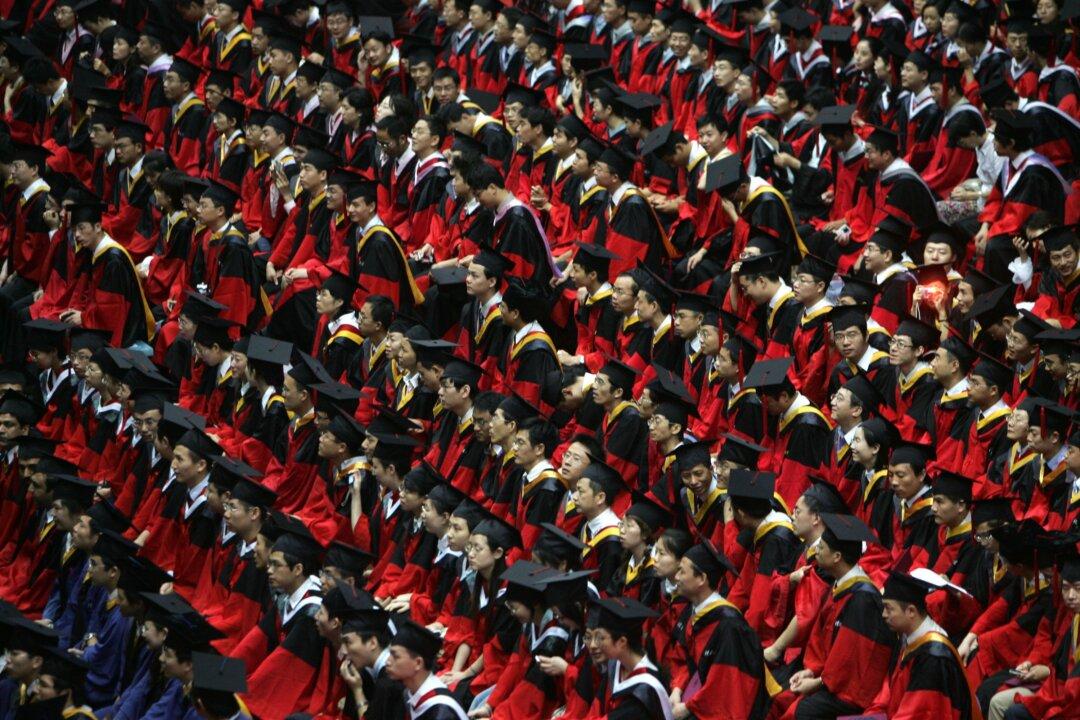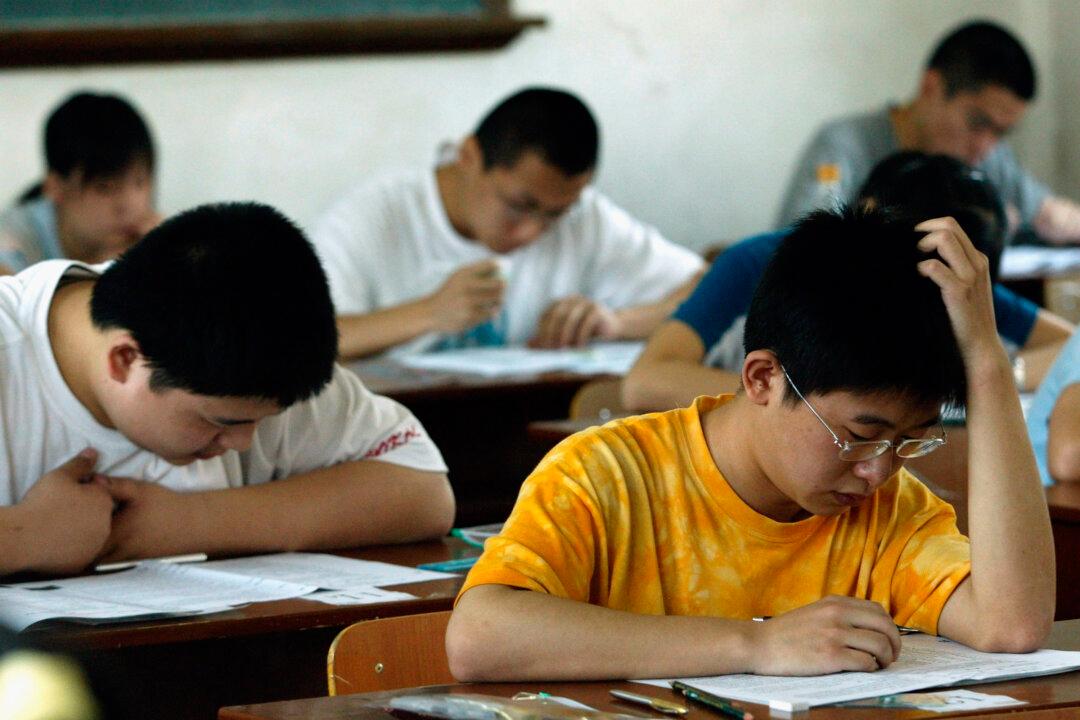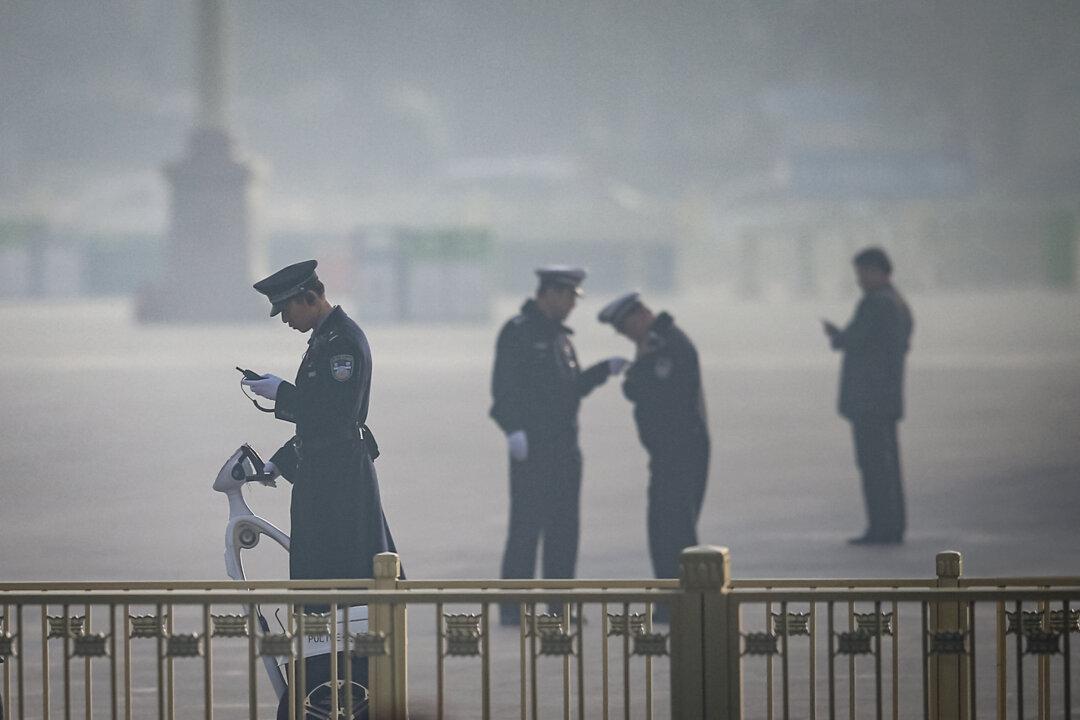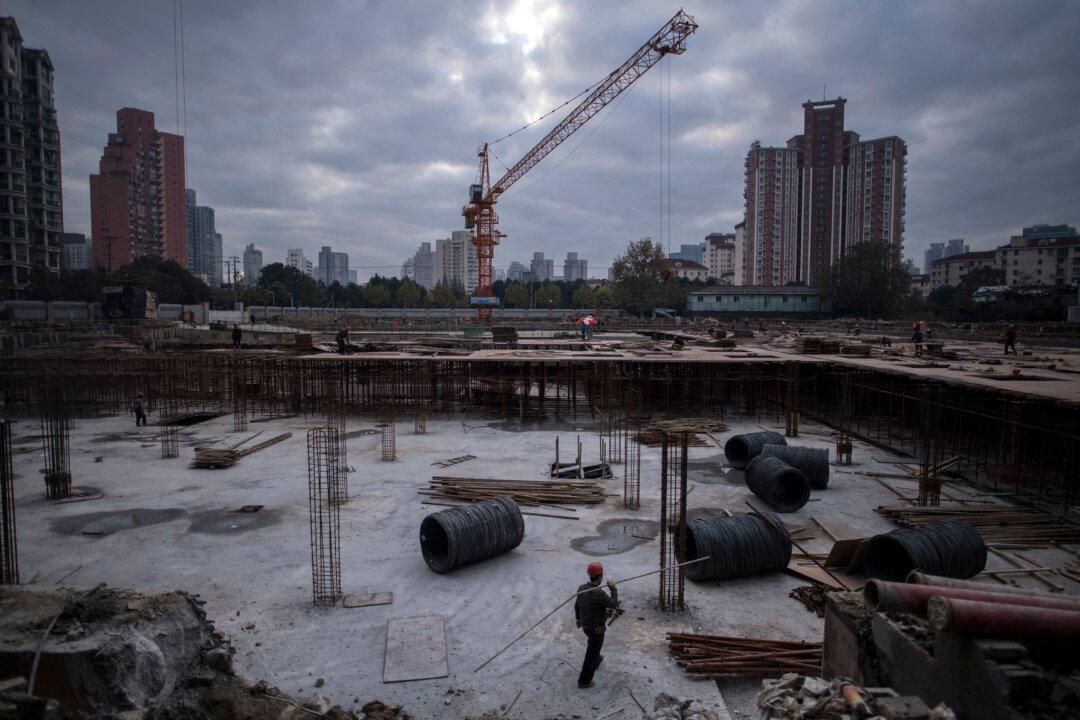Commentary
Nearly 12 million new college graduates across China are looking forward to starting their careers. But sadly, there aren’t enough jobs to accommodate them. Rather than endure prolonged unemployment, many have decided to further their education. The plight of these disheartened graduates reflects a critical juncture in China’s economic development. How China navigates this challenge will undoubtedly shape its future socioeconomic landscape.





